Courses
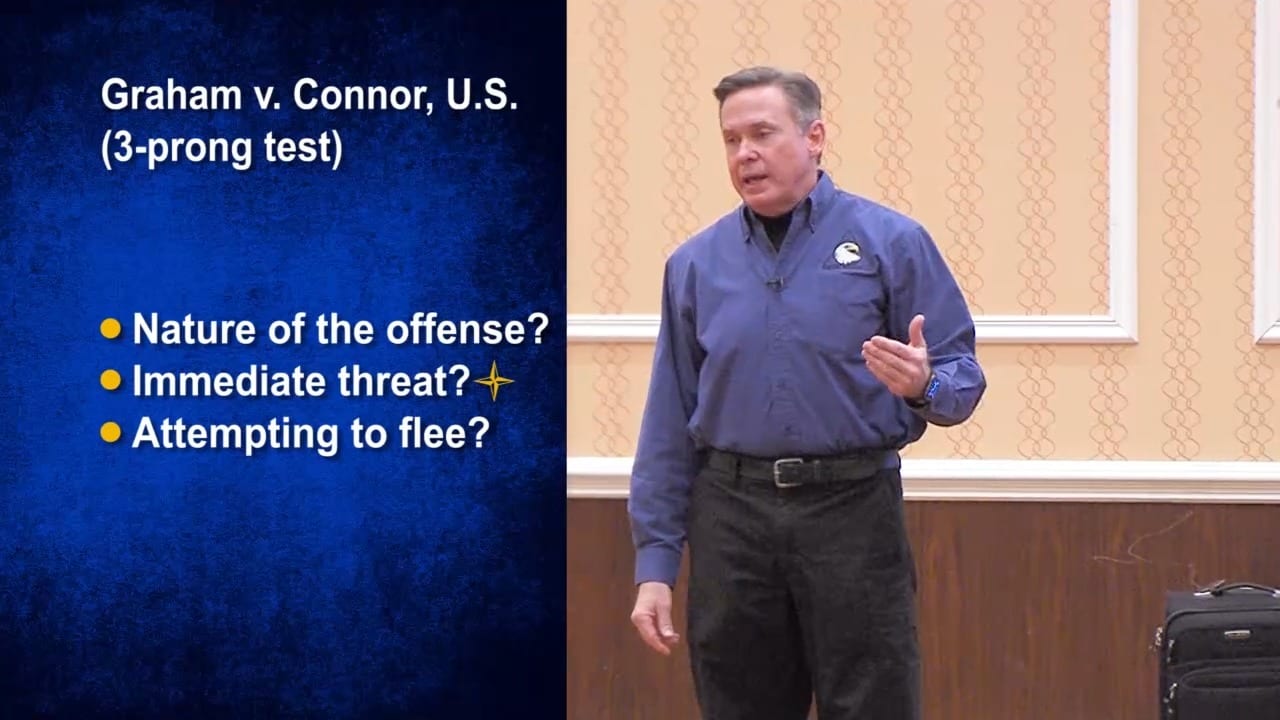
SI41 – How Not to Get Shot, Sued, or Thrown in Jail
This course covers the topic of officer liability and the many factors that contribute to officers using excessive force, hurting himself or others, he/she getting killed.
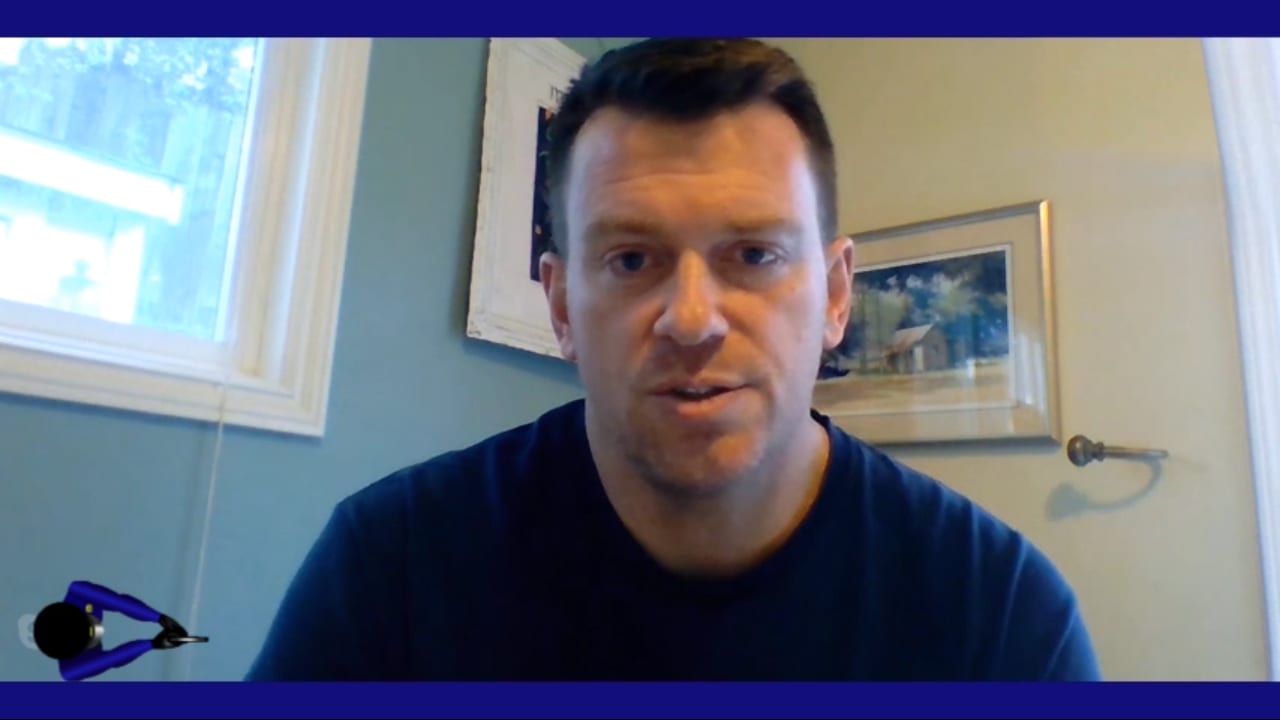
SI42-Great Cops Share Their Greatest Lessons Learned/Sgt. Adam Plantinga Program #1
This training program covers many topics from dealing with street gangs to working in a multi-cultural district. We talk with Adam Plantinga. He is a 17 year veteran of law enforcement and has authored two books dealing with police and policing.
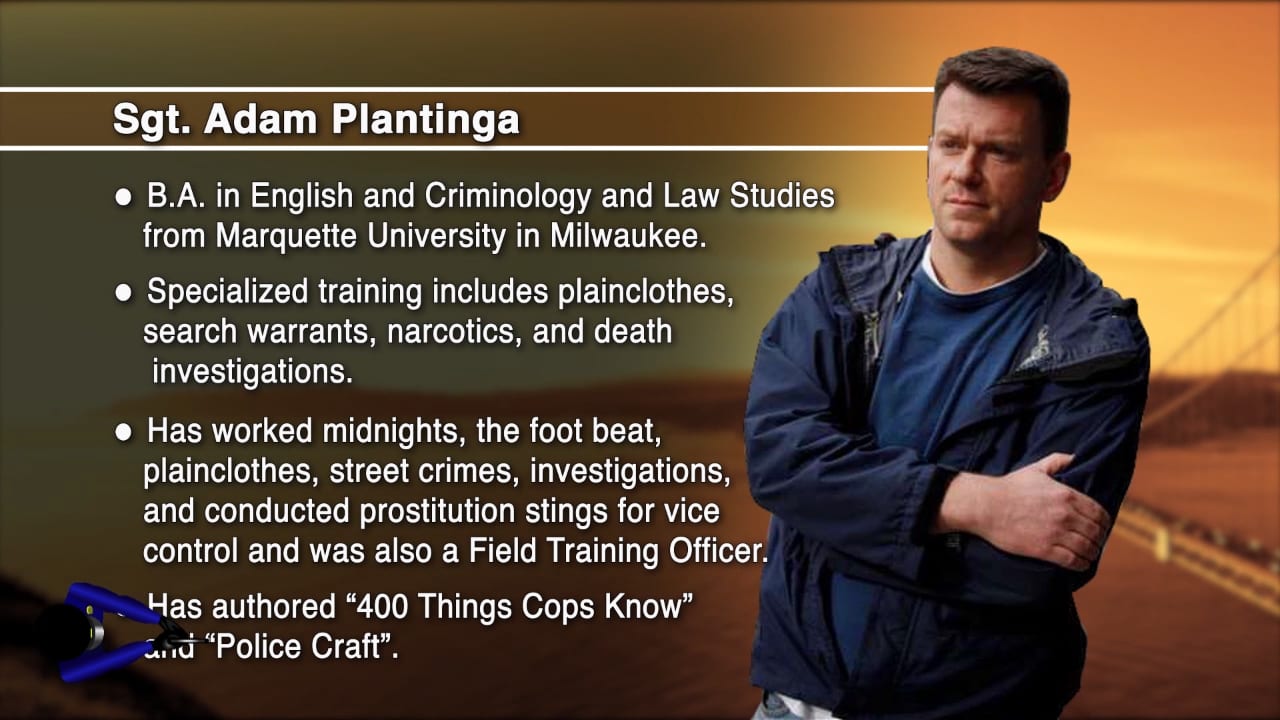
SI43-Great Cops Share Their Greatest Lessons Learned/Sgt. Adam Plantinga Program #2
In this training program, we talk with Sgt. Adam Plantinga of the San Francisco Police Department. He is a 17 year veteran of law enforcement and has authored two books dealing with police and policing.
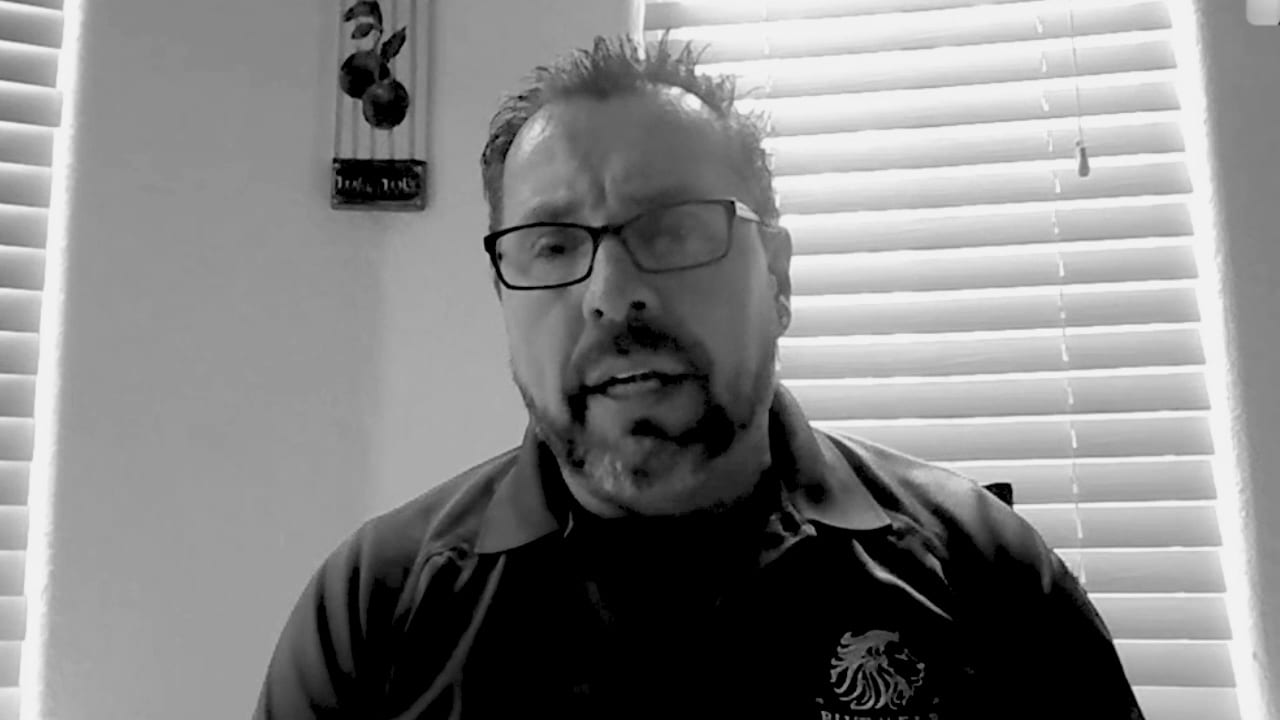
SI44 – Suicide Prevention/ The Amazing Journey of Sgt. Mark DiBona Program #1
In this training program, we discuss the topic of suicide among law enforcement officers and first-responders. This problem has reached what some are calling epidemic proportions.
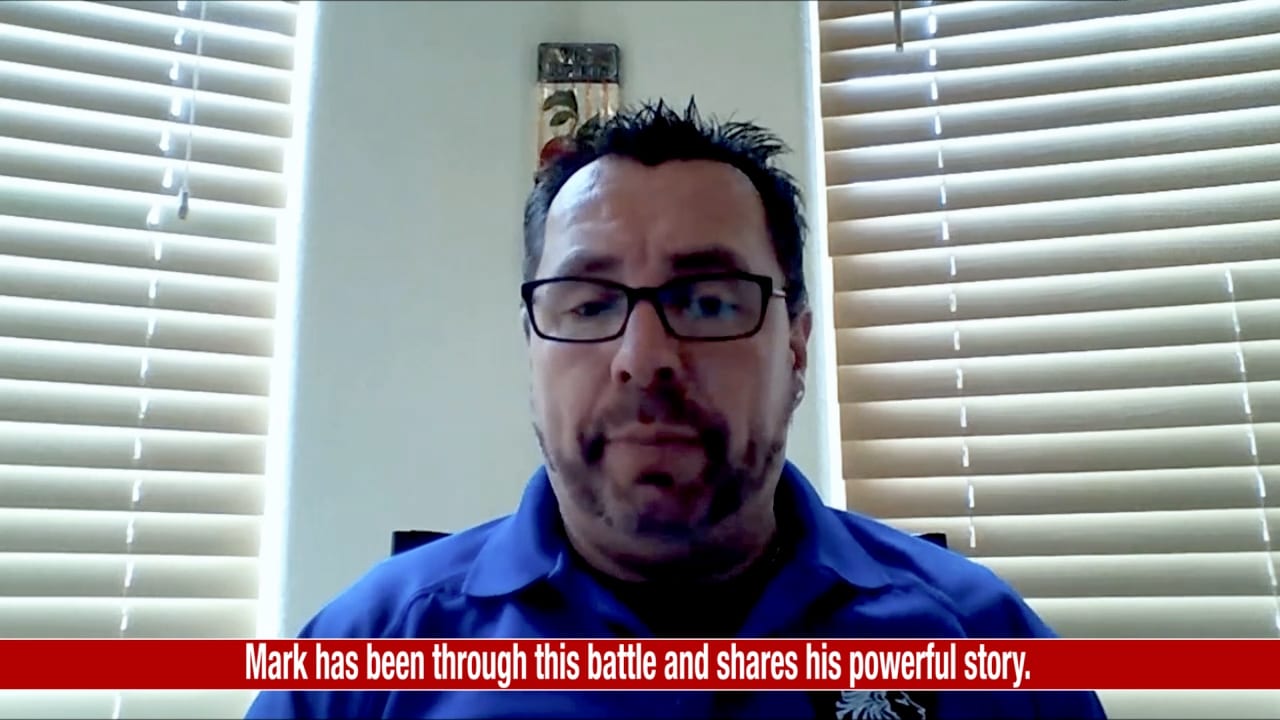
SI45 – Suicide Prevention/ The Amazing Journey of Sgt. Mark DiBona Program #2
The Amazing Journey of Sgt. Mark DiBona- Part II is a continuation of Part I, and includes specifics for establishing a successful peer-to-peer support program, the critical nature of having a program, and exactly who departments should name to head up their programs. Also, Part II has detailed information for traumatic incident debriefings.
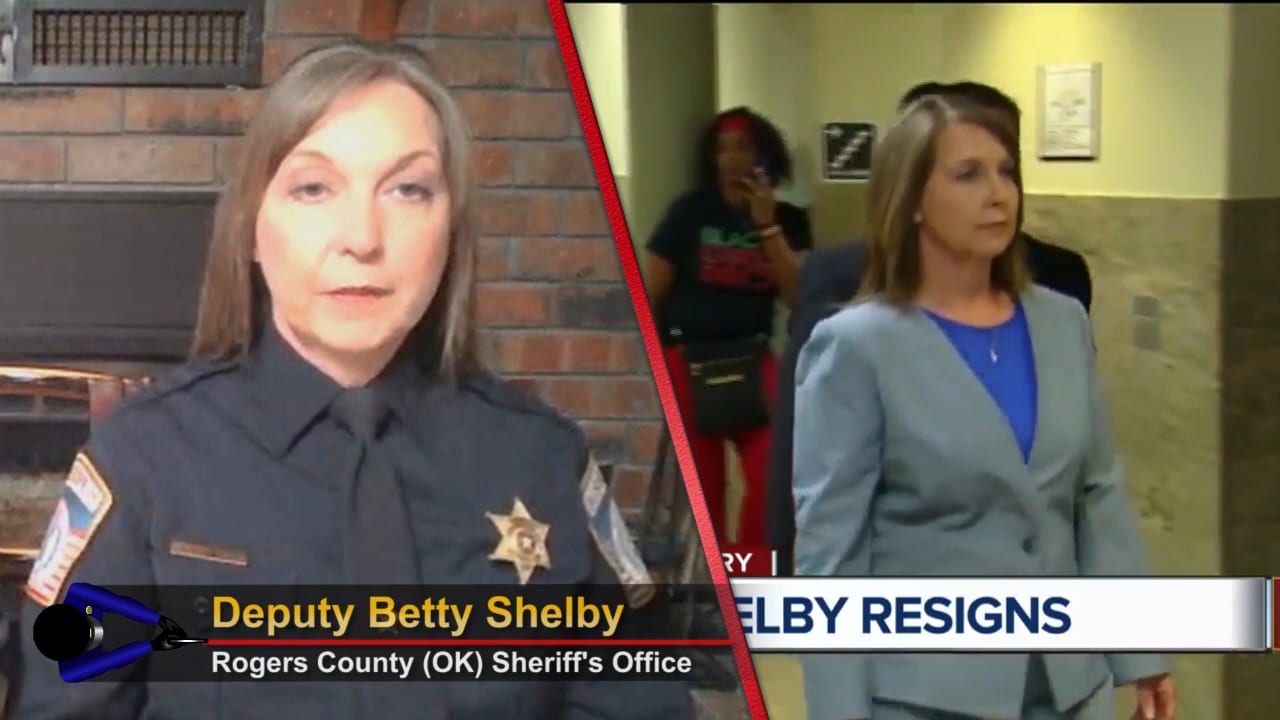
SI46 – Betty Shelby and Surviving the Aftermath of a Fatal O.I.S.
In this training program, we discuss how to deal with the aftermath of being in the national spotlight after a fatal officer involved shooting. Officer Betty Shelby was in the middle of a media firestorm when video of her officer-involved shooting was released for the entire world to see.
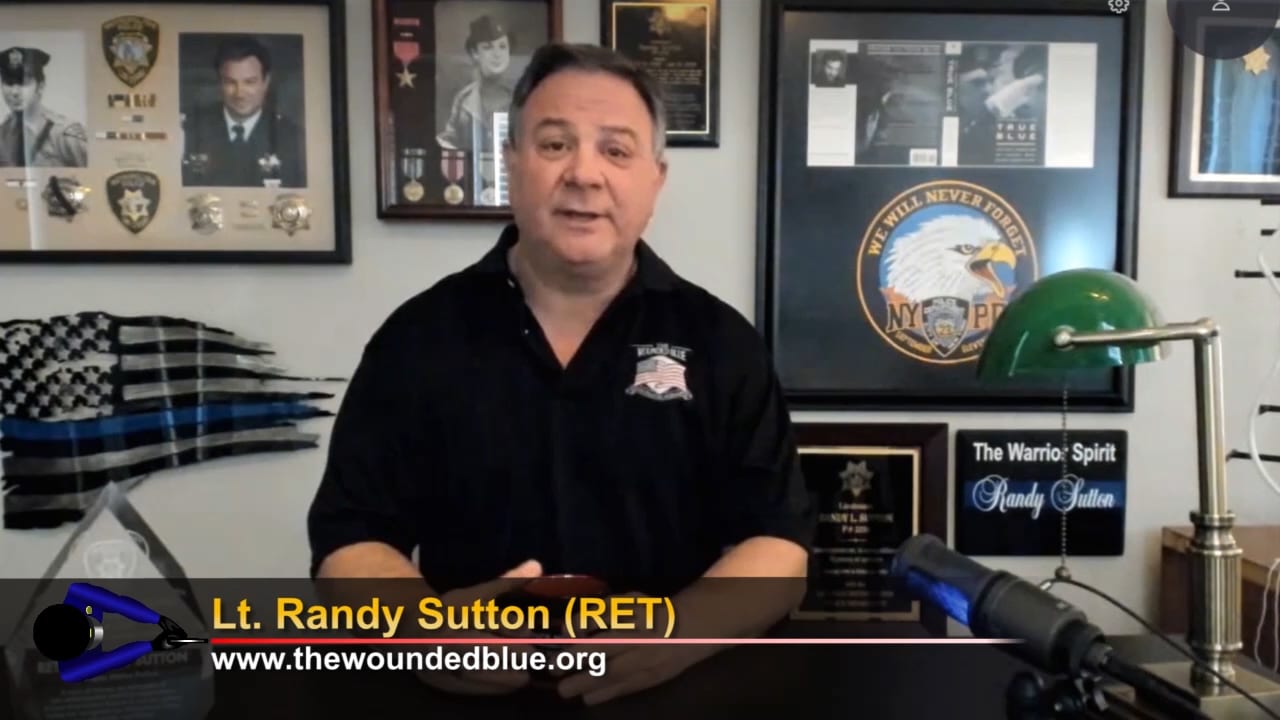
SI47 – Are Welfare Checks Cops’ Most Dangerous Calls?
In this training program, we talk with one of the Las Vegas Metropolitan P.D.’s most decorated officers, Randy Sutton. The topic is checking the welfare calls. Sutton breaks down an incident in Fort Worth (TX) that garnered national and international media attention.
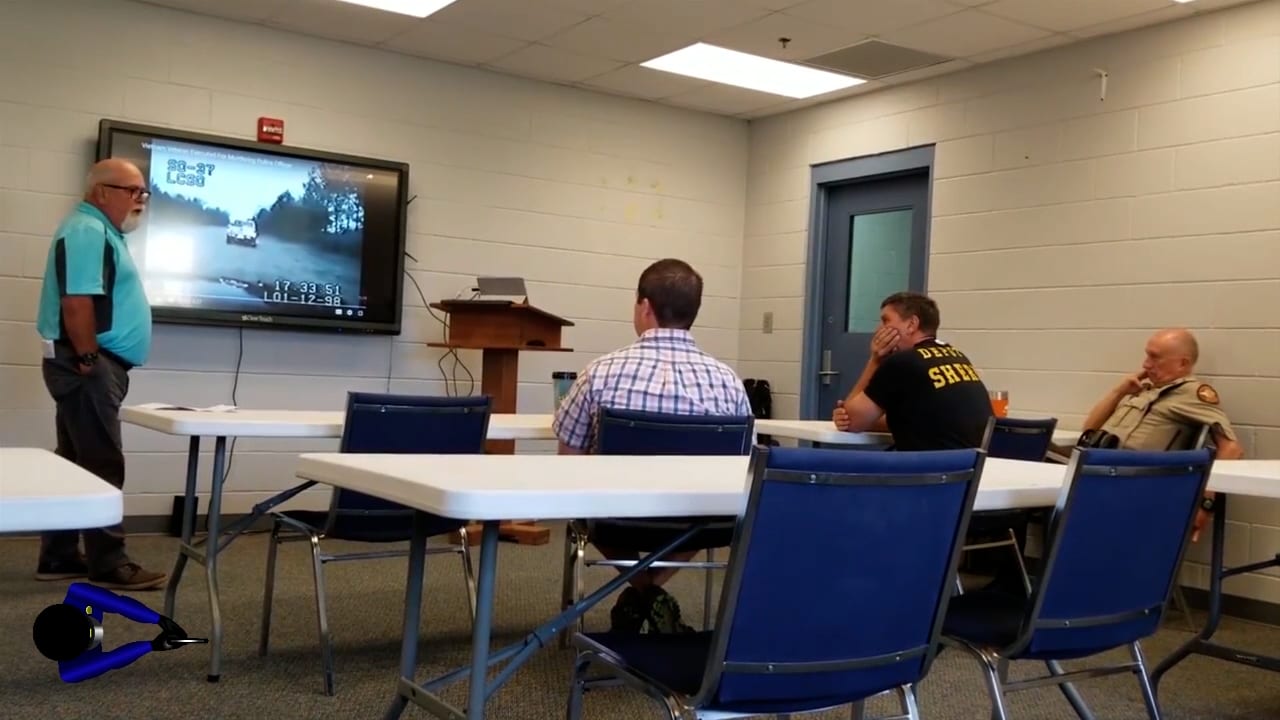
SI48 – The Hard Lessons of Deputy Dinkheller’s Murder Shared by his Father
In this training program, we talk with Kirk Dinkheller, father of Dpty. Kyle Dinkheller, who was shot and killed on a traffic stop in Georgia in 1998. Kirk spends much time traveling to departments all over the country telling the story of Kyle. His hope is that, in death, Kyle’s story will be a warning to other officers and potentially help save their lives.
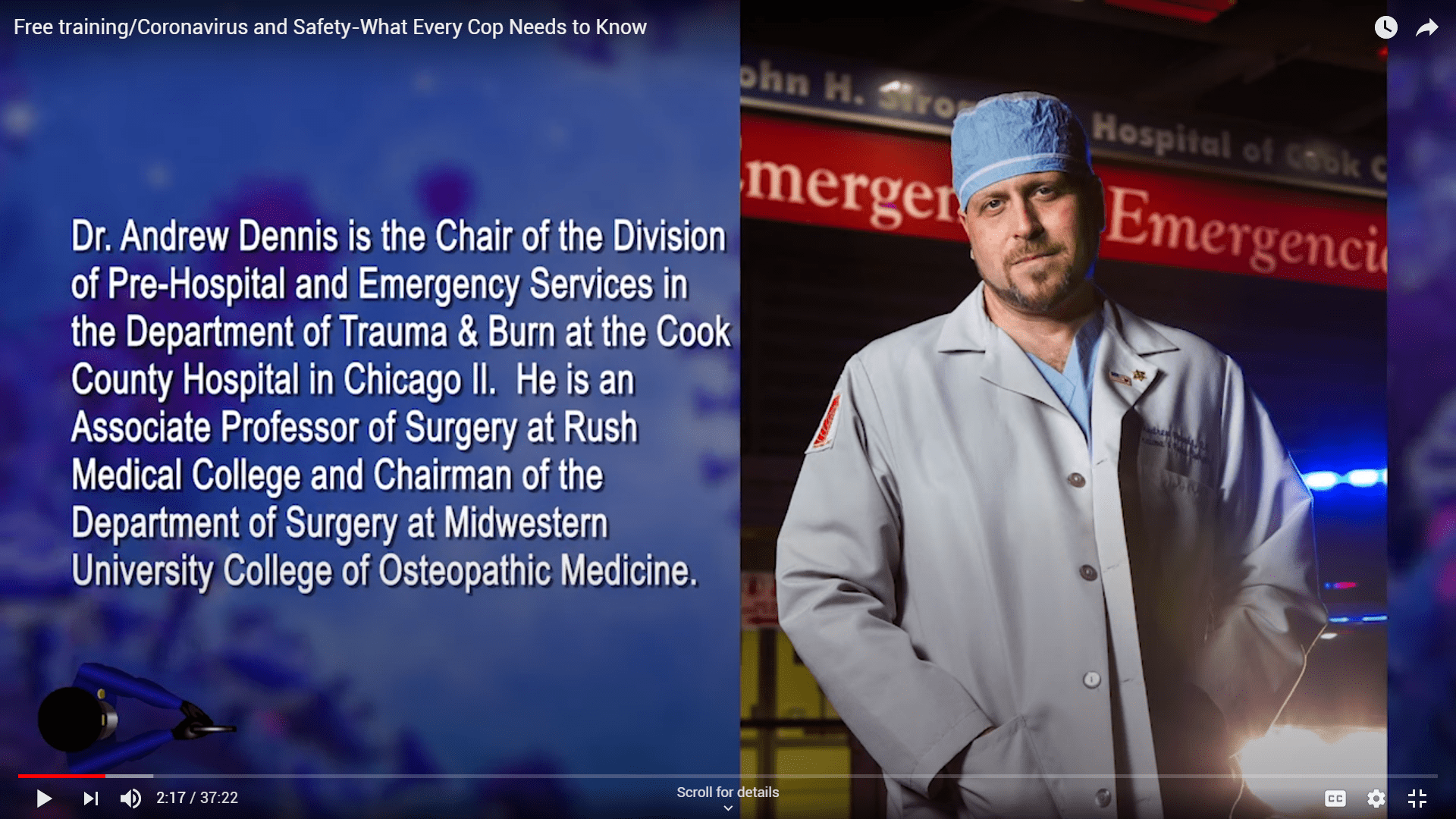
SI49 – Coronavirus and Safety/What Every Cop Needs to Know
In this training program, we talk with Dr. Andrew Dennis, a nationally-prominent trauma surgeon who also happens to be a full-time cop. Dr. Dennis talks about policing during a pandemic and what changes law enforcement may go through in the future. He also covers training and safety during these challenging times.
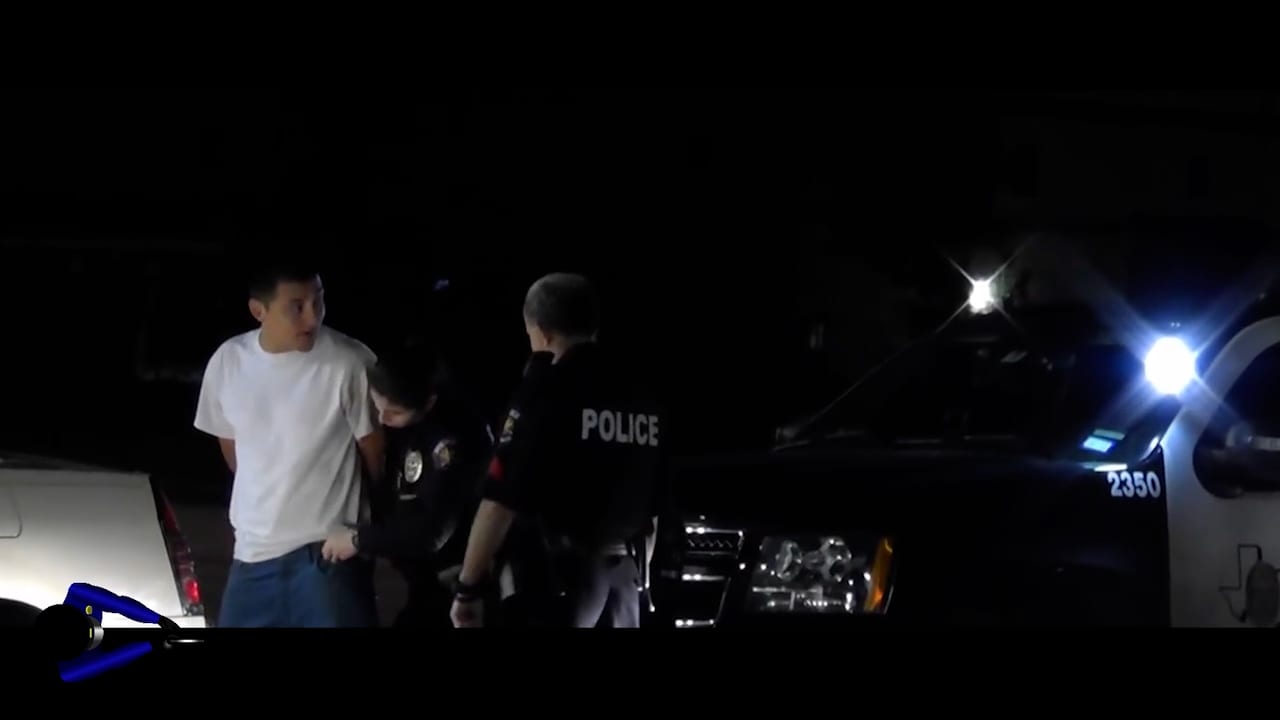
SI50 – The Rule of One More Revised/What Every Cop Needs to Know
In this training program, we examine the age old ‘rule of one more.’
The ‘rule of one more’ has long been a law enforcement axiom for always being aware that a suspect may have more than one weapon, more hidden drugs, contraband, or issues you need to be aware of at all times.
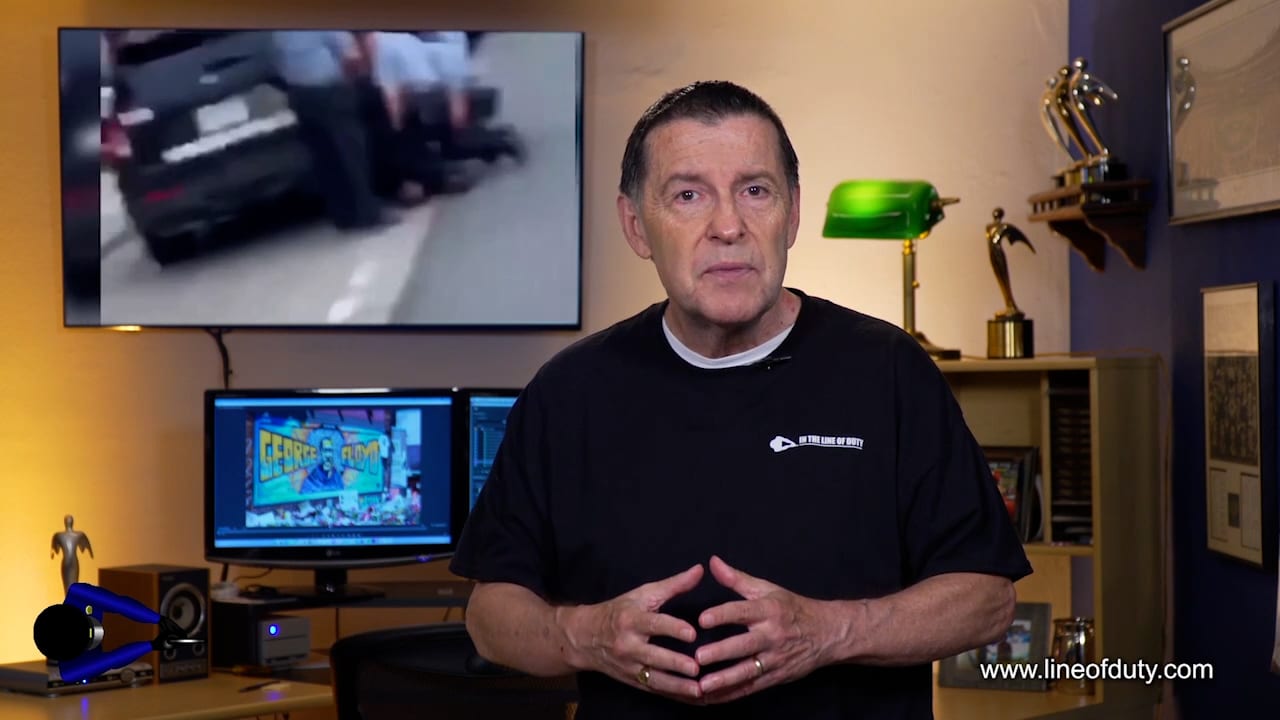
SI51 – Death of George Floyd/The Response That Might Have Been
In this training program, we examine the incident that might change the course of law enforcement forever.
The death of George Floyd and the tactics used by the Minneapolis Police Department are discussed in great detail by our Line of Duty technical advisors.
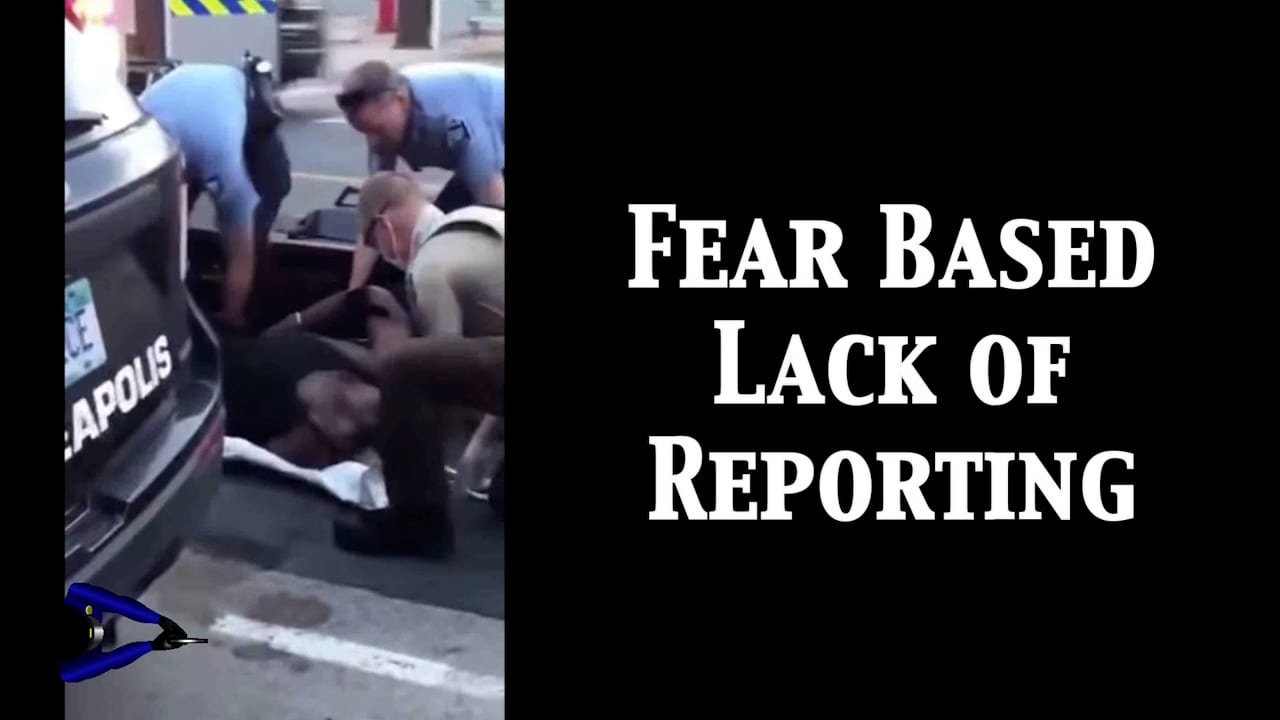
SI52 – Fear of Retribution/What Every Cop Needs to Know
In this training program, we examine an ongoing problem that runs throughout law enforcement: fear-based lack of reporting. Lower-ranking officers may be afraid to correct or report superior officers for fear of retribution. Rookie and young officers new to law enforcement may well be fearful of “stepping on toes” or branded as “rats”.
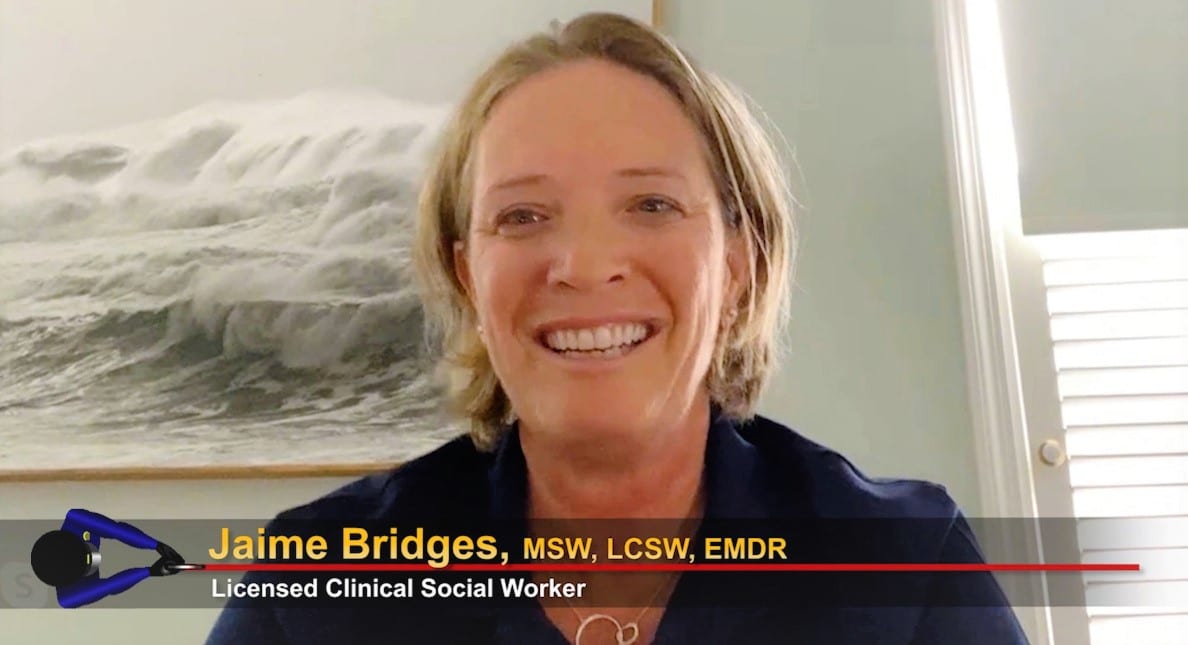
SI53 – Post-Traumatic Stress/You Can Overcome
In this training program, we talk with Jaime Bridges, a licensed clinical social worker and nationally-renowned police counselor. Jaime was instrumental in helping Ret. Sgt. Mark DiBona, who is the subject of two of Line of Duty’s programs (Special Issues/Suicide Prevention #44 and 45). Mark credits Jaime with tremendous guidance that got him back on the right path. Mark says he really connected with her because she was ex-law enforcement and truly understood the anguishing issues that he was dealing with and how to cope with them.
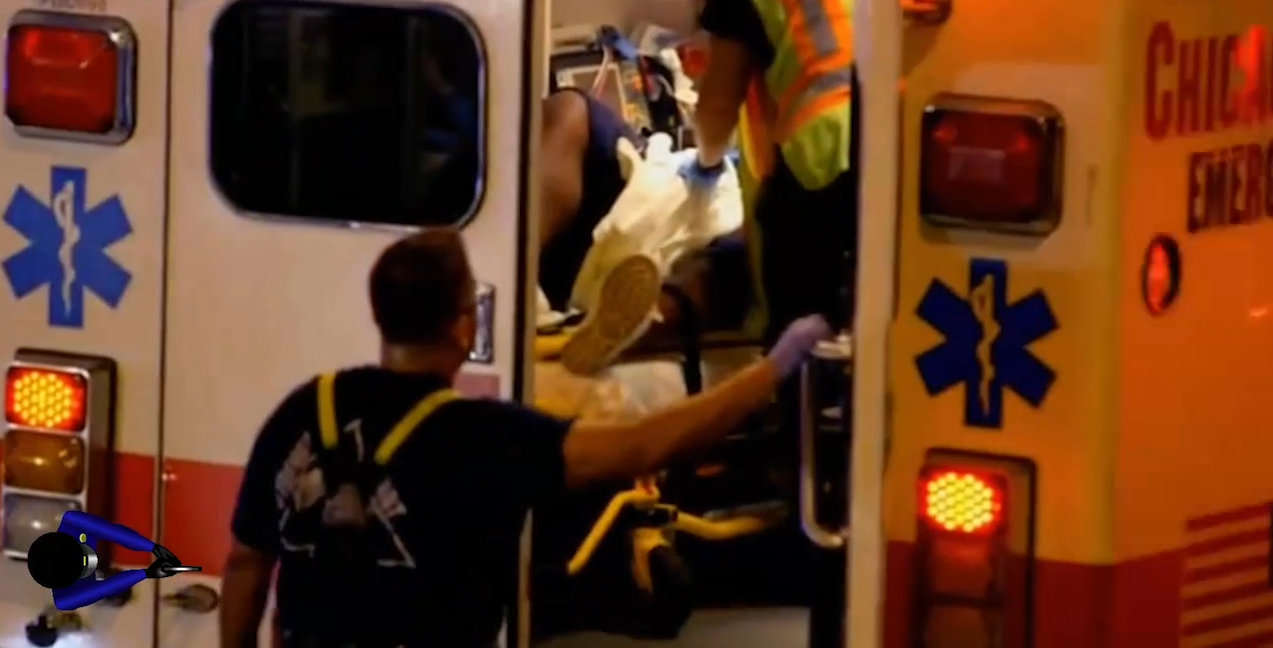
SI54 – Surviving Terrible Gunshot Wounds & the Power of the Mind
In this training program, we talk with Dr. Andrew Dennis about surviving wounds; whether it is a gunshot, knife wound, etc. He states that what people see on television cop shows isn’t very accurate when it comes to being shot and the ability to survive that wound. One shot to the chest doesn’t mean that you are dead or are going to die. Street cops need to know that even if they do get shot, in many instances they can stay in the fight and survive.
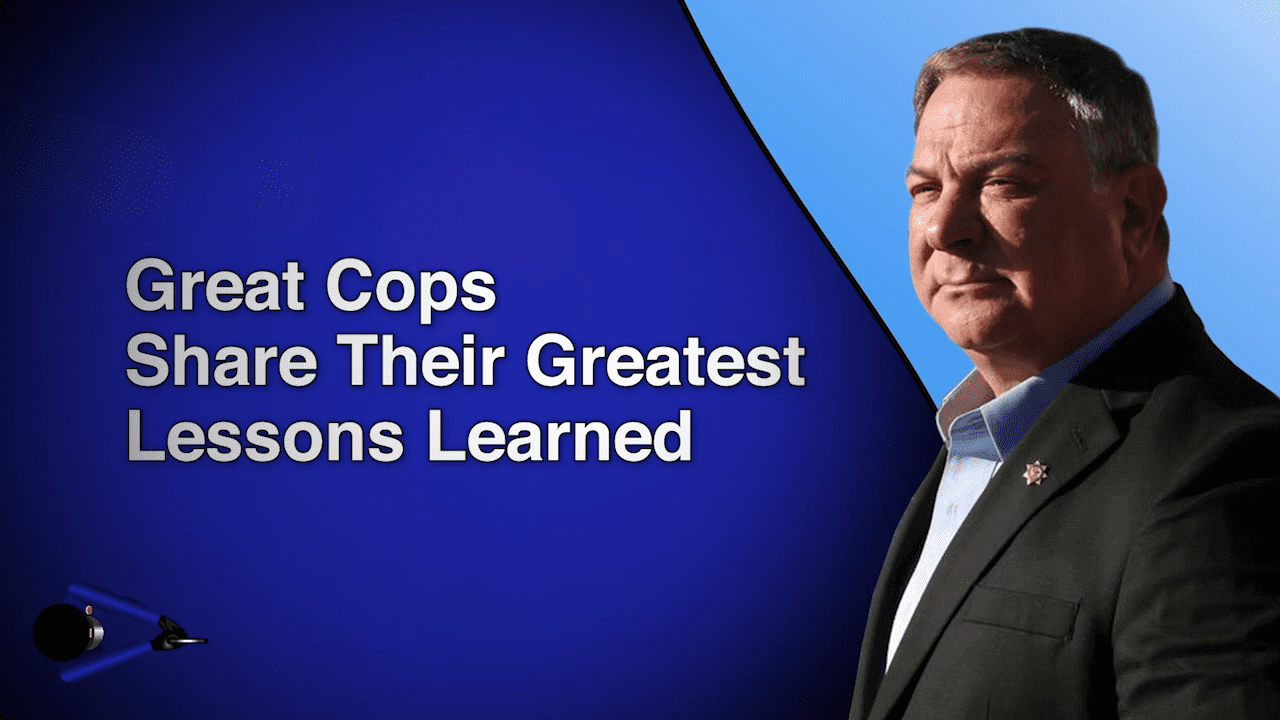
SI55 – Randy Sutton/Great Cops Share Their Greatest Lessons Learned
In this training program, we talk with Retired Lieutenant Randy Sutton of the Las Vegas (NV) Police Department. He is also a Technical Advisor for In the Line of Duty. This program features great life-saving and career-saving lessons from one of America’s most-decorated officers. The program has been structured into short, classroom-ready segments.
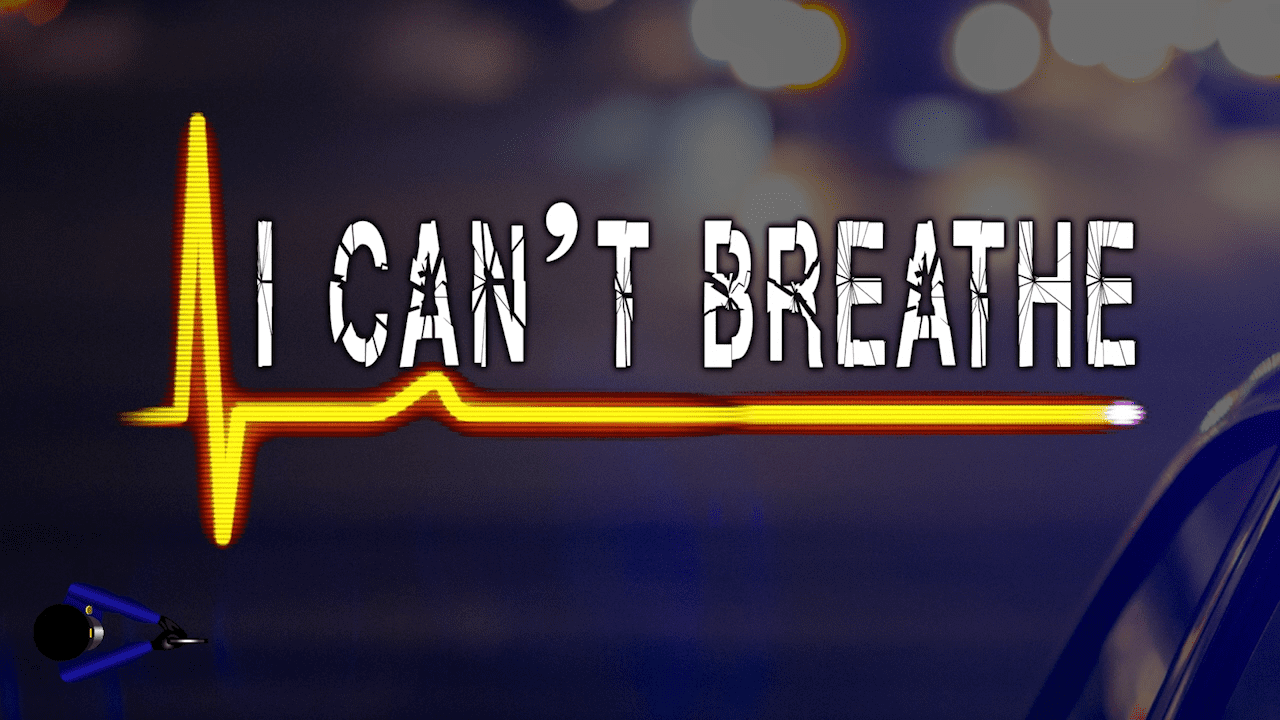
SI56 – I Can’t Breathe | Critical Do’s & Don’ts What It Means For Police
In this new police training program, In the Line of Duty technical advisers analyze and discuss the topic that has become a world-wide law enforcement issue, media topic and the center of national protests; “I can’t breathe.”

SI57 – Compassionate Policing/The Ultimate in De-escalation Part 1
In Part One of this two-part training program, we talk with Line of Duty Technical Adviser Randy Sutton. As a retired law enforcement officer, Randy reflects upon his career and talks about how his philosophy of policing changed early on because of the advice from his training sergeant.
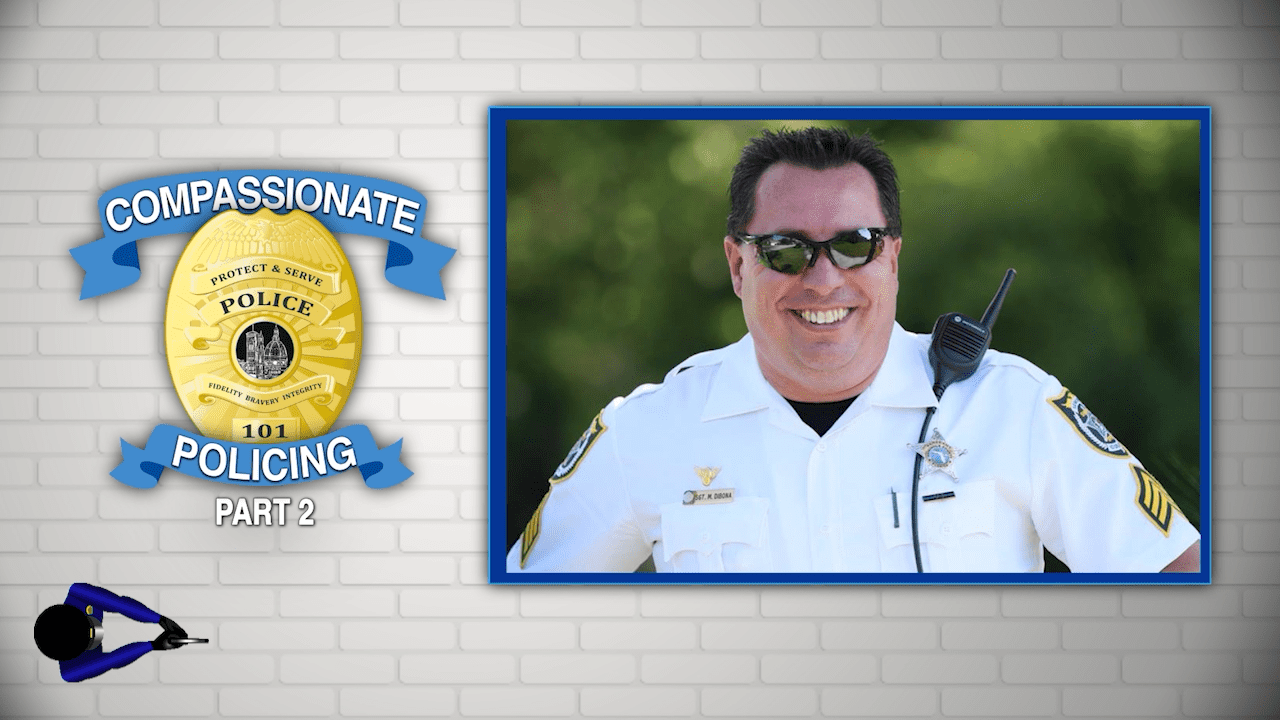
SI58 – Compassionate Policing/The Ultimate in De-escalation Part 2
In Part Two of this two-part training program, we talk with Line of Duty Technical Adviser Mark DiBona. As a retired (33-year veteran) law enforcement officer, Mark shares important lessons learned from his past experiences.
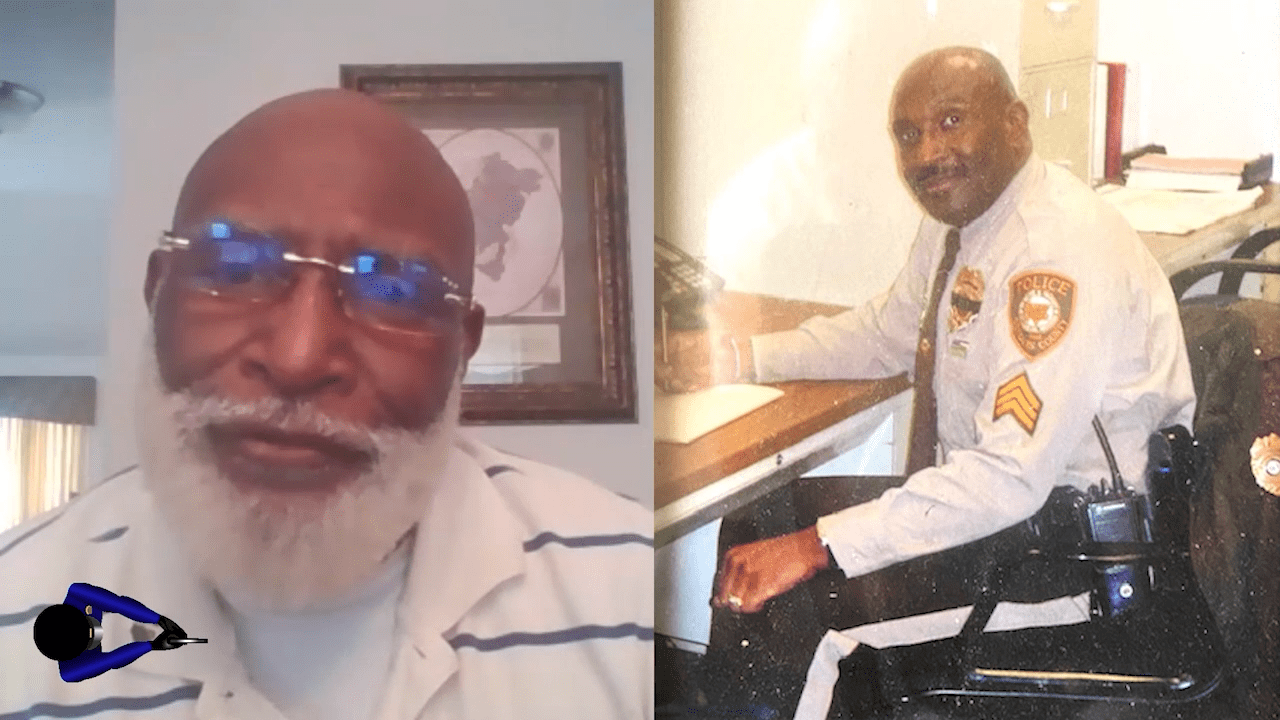
SI59 – De-escalating with African-American Subjects Part 1
In this program, we talk with Byron “Sarge” Watson. Watson provides great insight in dealing with subjects in the African-American communities.
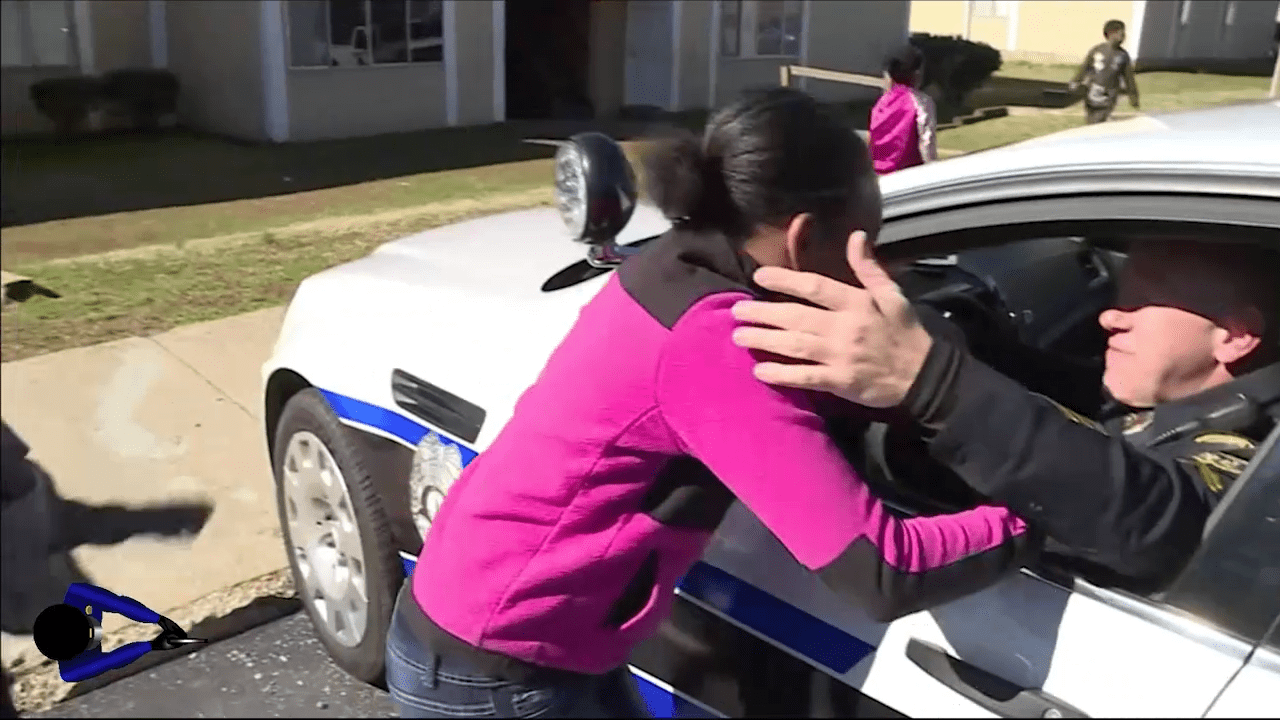
SI60 – Pre-de-escalation/Meet the Pied Piper of Community Policing
In this program, you will meet Cpl. Brandon Fleming of the South Hill (VA) Police Department. Fleming, also known as ‘Batman’ to the children in his community, has become extremely popular over the past few years.
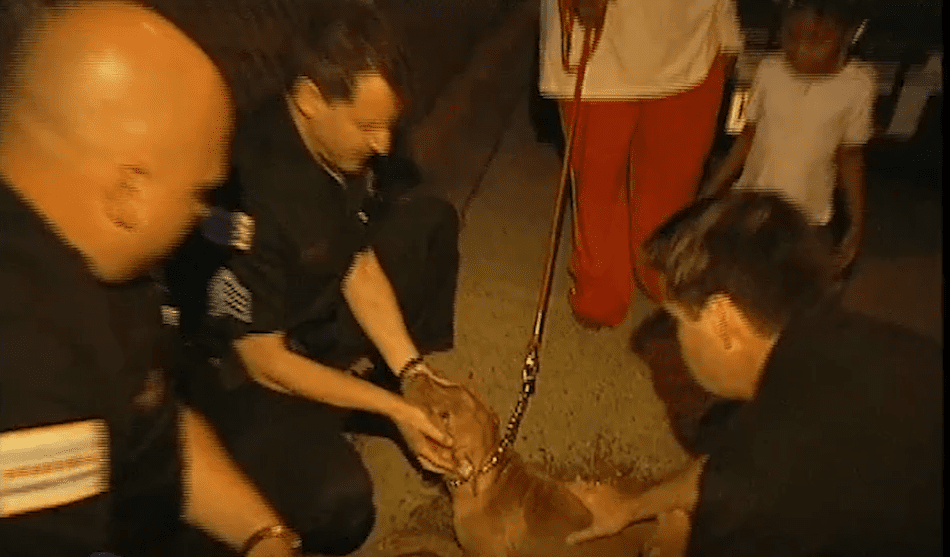
SI61 – Updated/New What Dogs Try to Tell Cops
Any law enforcement agency that has been involved in shooting a dog, especially should the animal die, knows that the public and media can get very angry in the aftermath.

SI62 – Updated/Beware Jack-in-the-Box
In this program, we provide updated officer safety information from an incident we called ‘Jack-in-the-Box’ in Volume 1, Program 9.
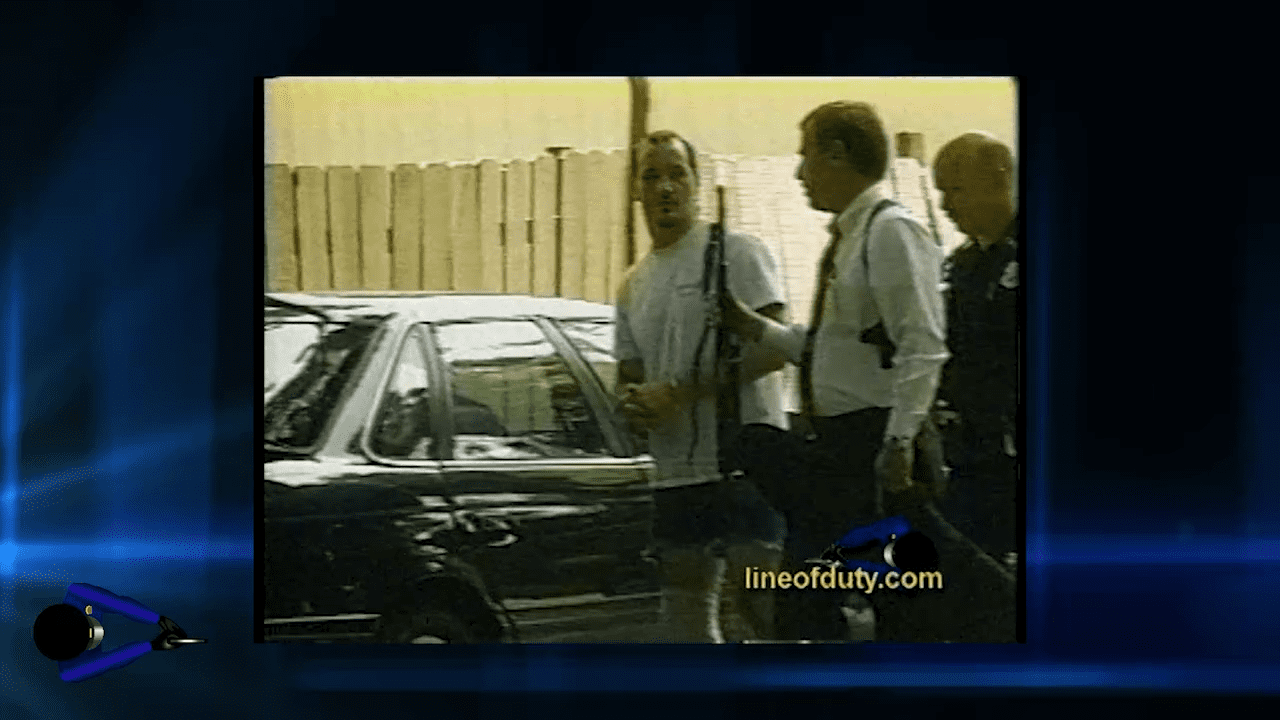
SI63 – Hank Earl Carr and the Violent Day that Changed Law Enforcement
In one of the most horrific days in law enforcement history, a violent cop-hater (Hank Earl Carr) murdered a child (his girlfriend’s son), two homicide detectives and a state trooper. Carr was a 30-year-old man who had spent half his life in prison or jail, hours later killed himself after taking a hostage at a convenience store.
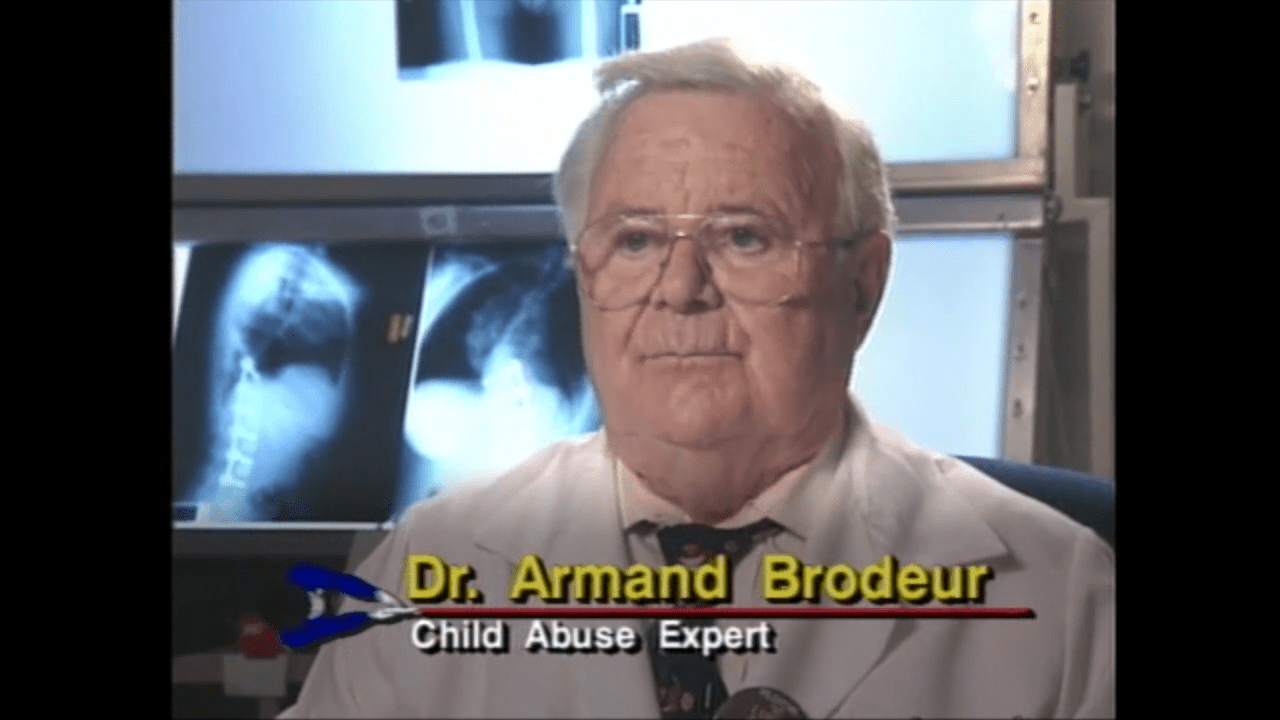
SI64 – Update/Child Abuse-What Every Cop Needs to Know
Child abuse is one of the most disturbing problems facing American society today. While the number of abuse victims is unclear, it is certainly at least one million a year, and may be many times that.
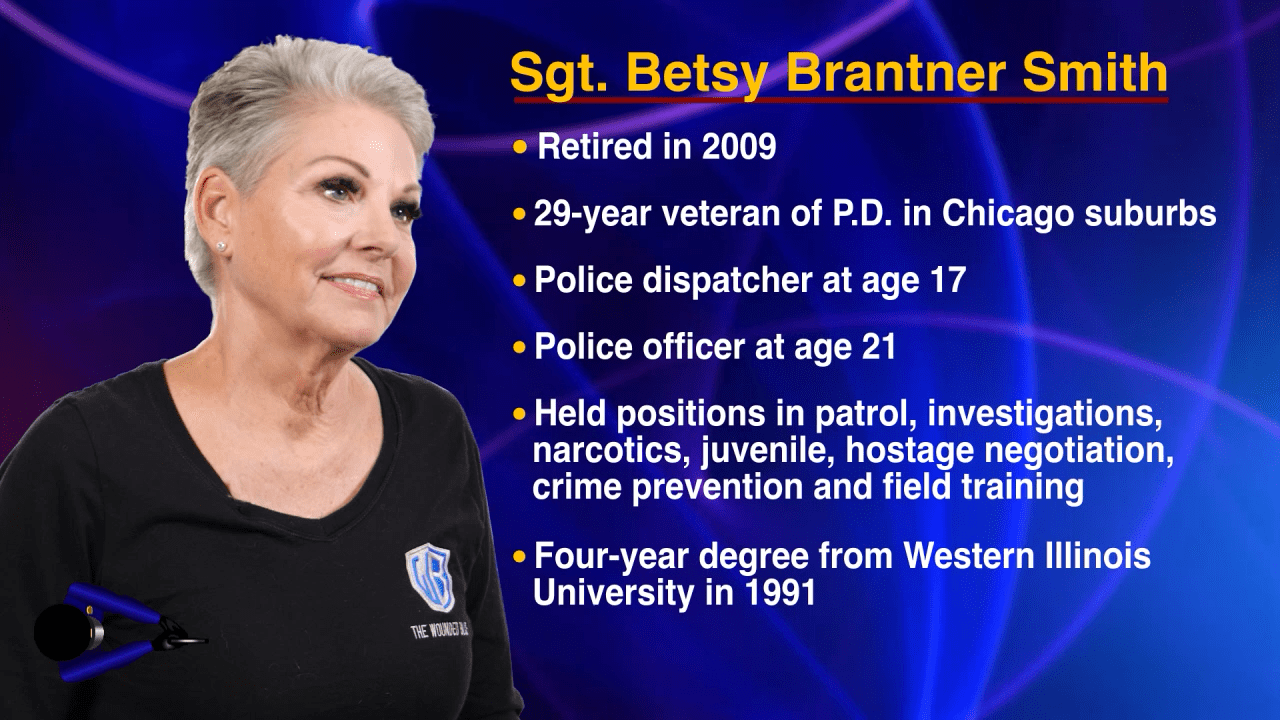
SI65 – Elder Abuse/What Every Cop and Social Worker Needs to Know
This program provides officers and investigators crucial information and knowledge they will need when coming across or investigating potential instances of elder abuse.
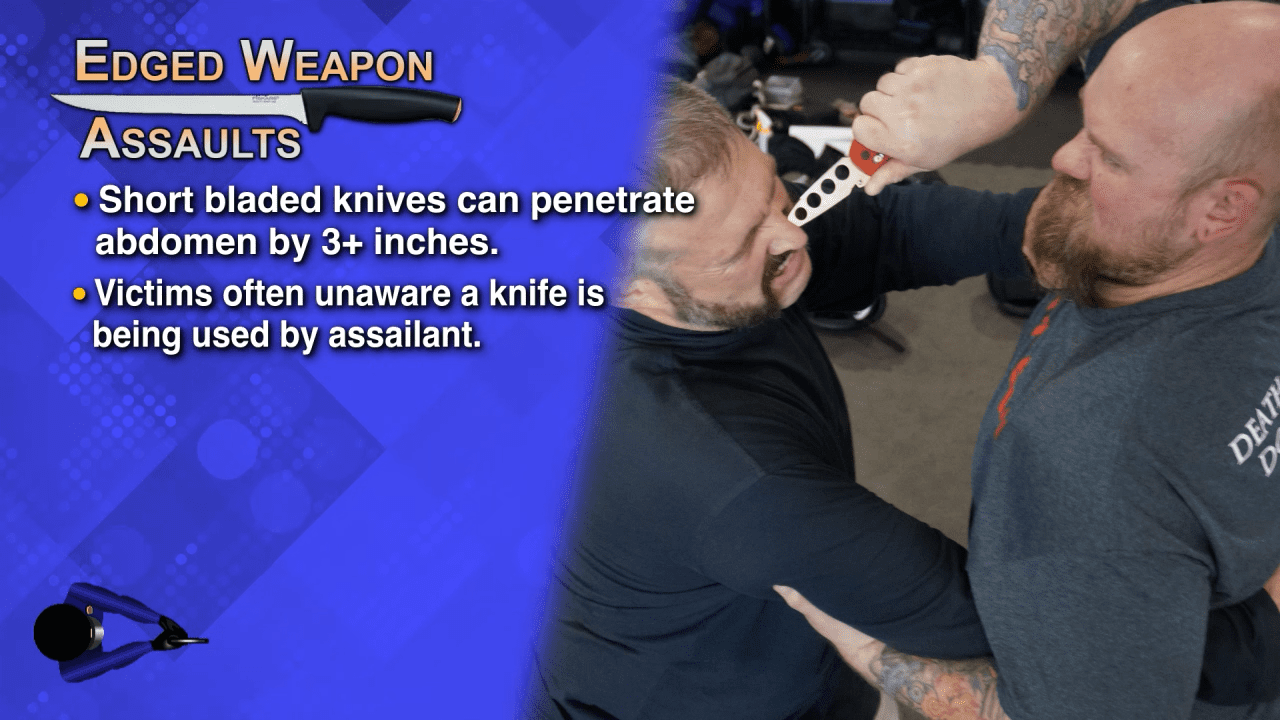
SI66 – Edged Weapons/Do not Get Killed by One
This program features a vast amount of information for officers who will, likely, deal with edged-weapons’ wielders during their career. It includes a plethora of crucial teaching points about the most common mistakes an officer (or human being) will most often make when confronted by such subjects.
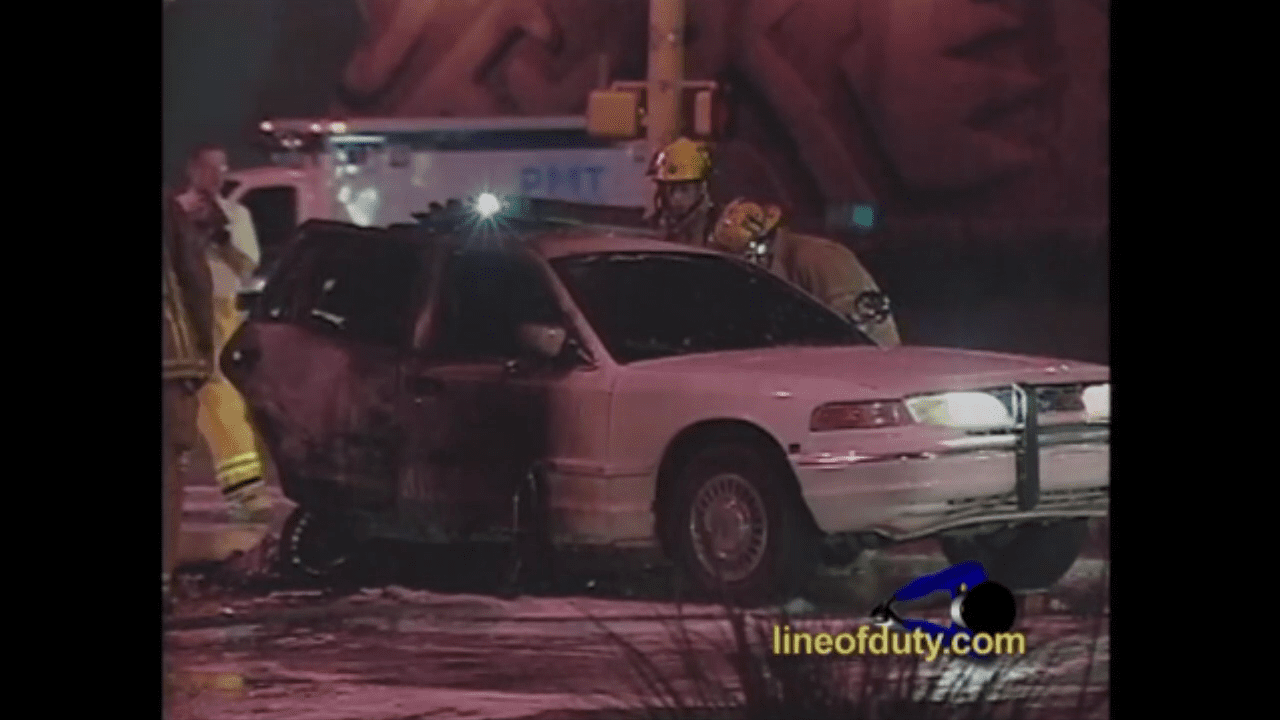
SI67 – Iron Will to Survive/’Burned Alive’/the Incredible Journey of Officer Jason Schechterle
This program is an update to In the Line of Duty’s Volume 9 Program 3 which detailed the horrific crash that left Phoenix officer Jason Schechterle with fourth-degree burns and life-changing disfiguring injuries. This update features Jason more than two decades later discussing his incredible emotional and spiritual journey.
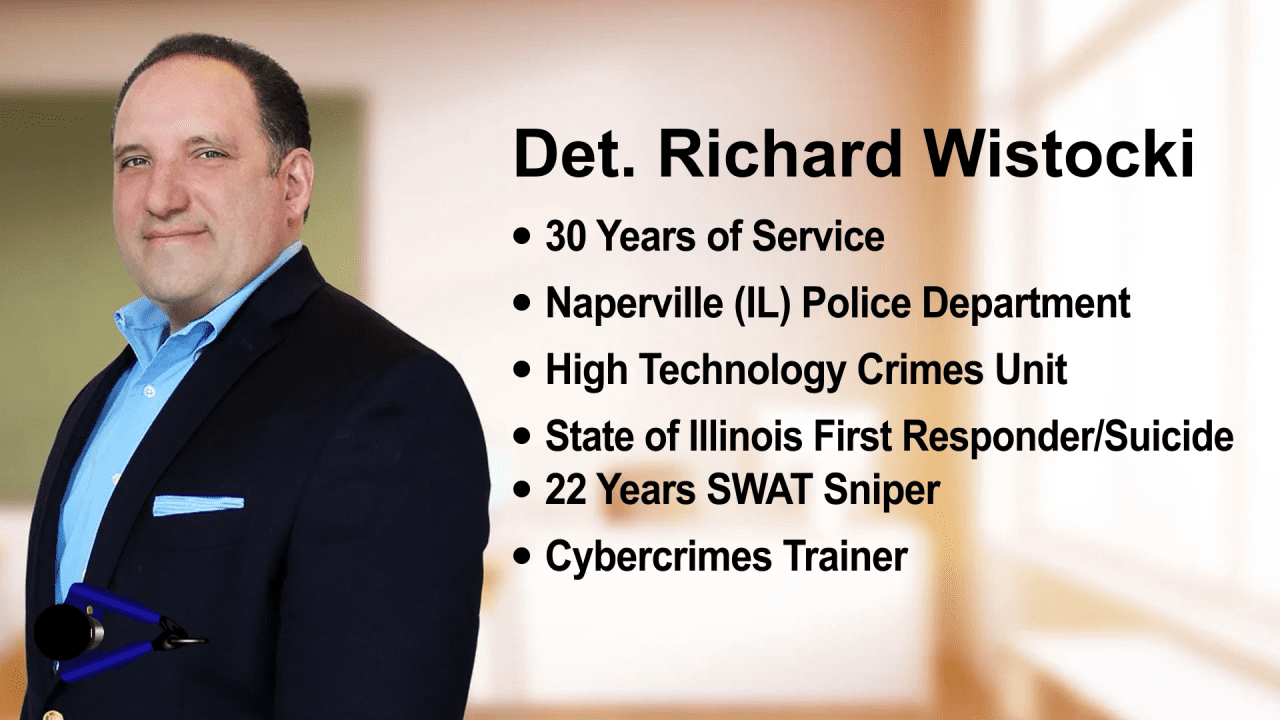
SI68 – Stopping Active Shooters before They Act/The Wistockian Theory
Overview
Det.(Ret.)Richard Wistocki, an expert in cybercrime, has developed a step-by-step plan of action that has identified potential active shooters via phone and computer forensics. As of this production, his teachings have thwarted an estimated
- 55 acts of violence
- 30 acts of swatting
- 13 school shooting threats
- 7 death threats
- 5 bomb threats
- 32 instances of ‘sextortion’ as of this production.
He calls it The Wistockian Theory.
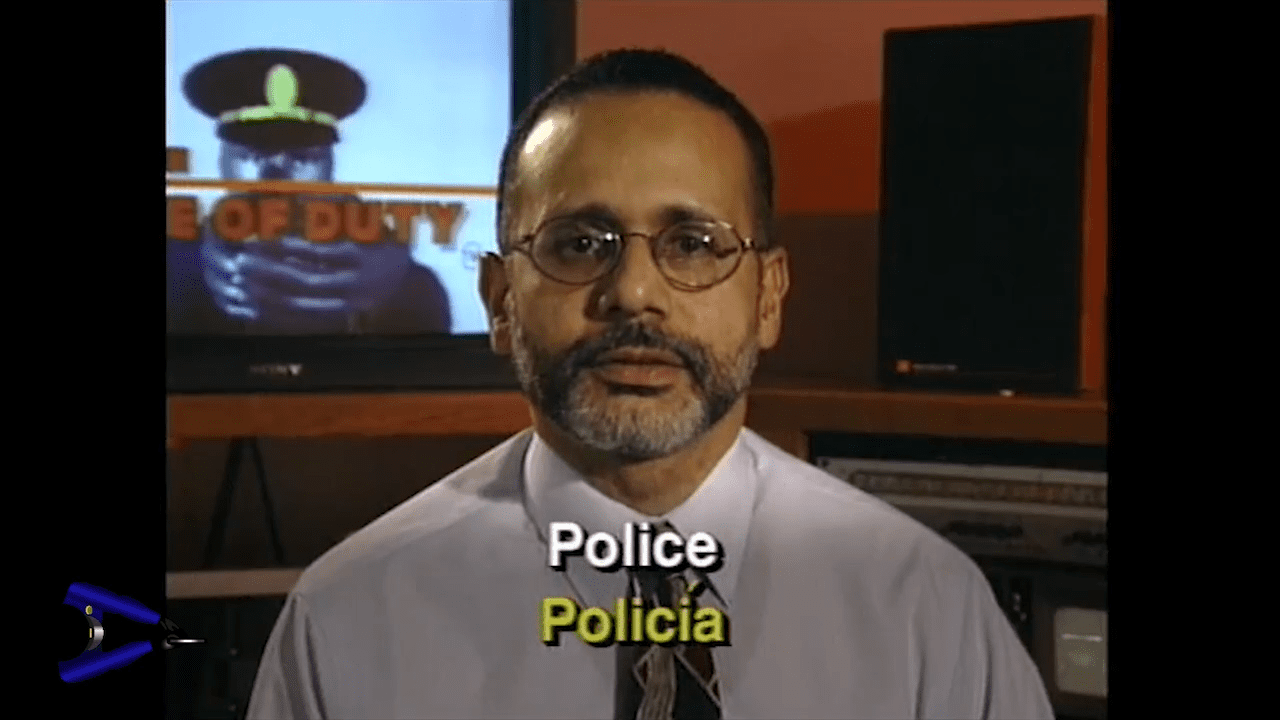
SI69 – The Hispanic Experience/What Every Cop Needs to Know
Overview
It is vitally important every street and patrol officer become aware of key elements of the Hispanic Experience. It is almost a certainty that officers will encounter Hispanics and Hispanic Americans in their day-to-day encounters with the public. This now, of course, is true far beyond simply our Southern border states.
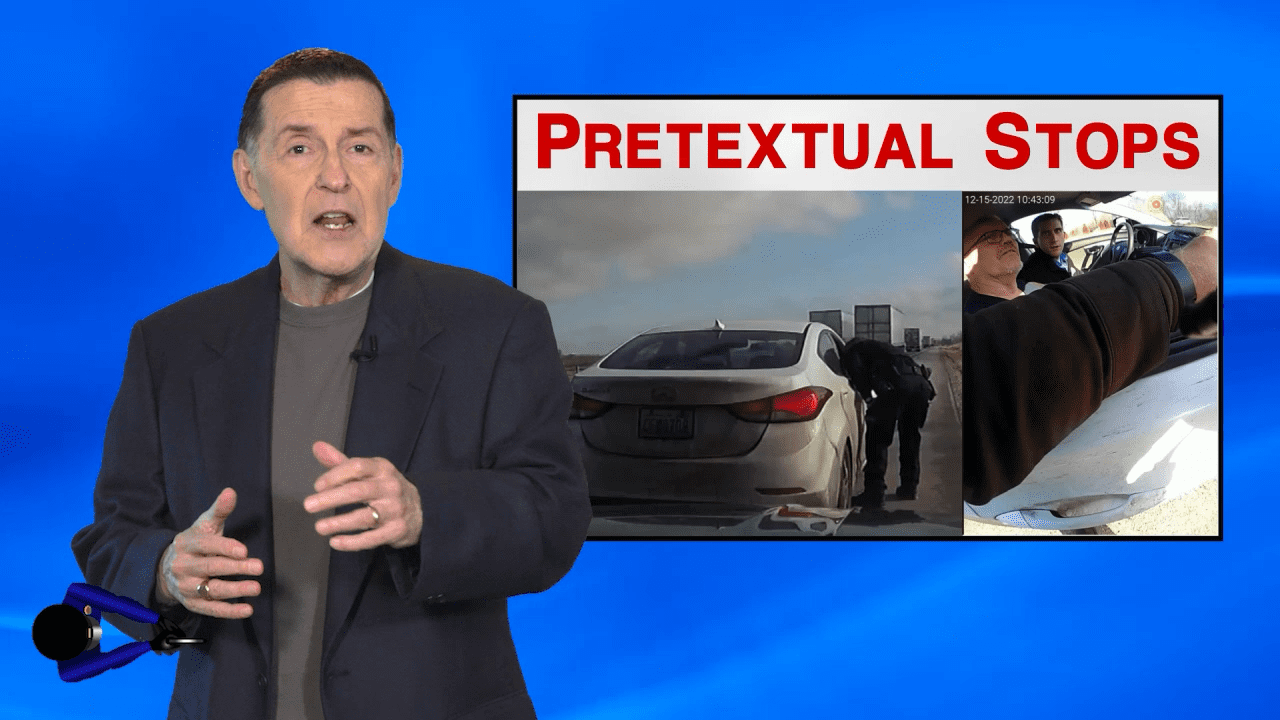
SI70 – Pretextual Stops/The Case for Them
One of law enforcement’s most controversial issues in recent years has been pretextual stops, traffic and pedestrian. Such stops include broken taillights, following too closely, sudden lane changing, hanging license plates, expired tags, bulky clothes or jackets that seem to list to one side, refusal to make eye contact, etc.
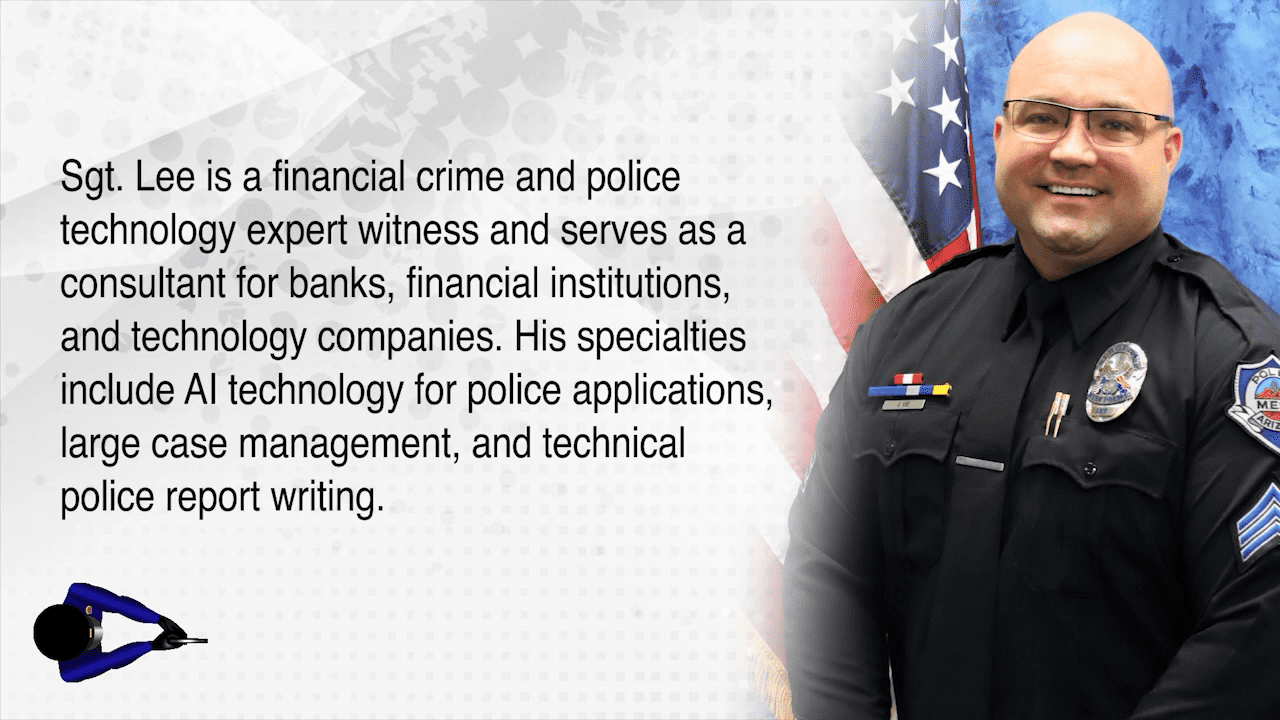
SI71 – Exclusive/AI and Its Amazing Portent for L.E.
It is widely felt Artificial Intelligence will have an impact on virtually every career path in existence and, indeed, already has in many instances. It absolutely includes law enforcement. This pioneering program featuring, perhaps, the most knowledgeable AI expert in law enforcement, will underscore that.
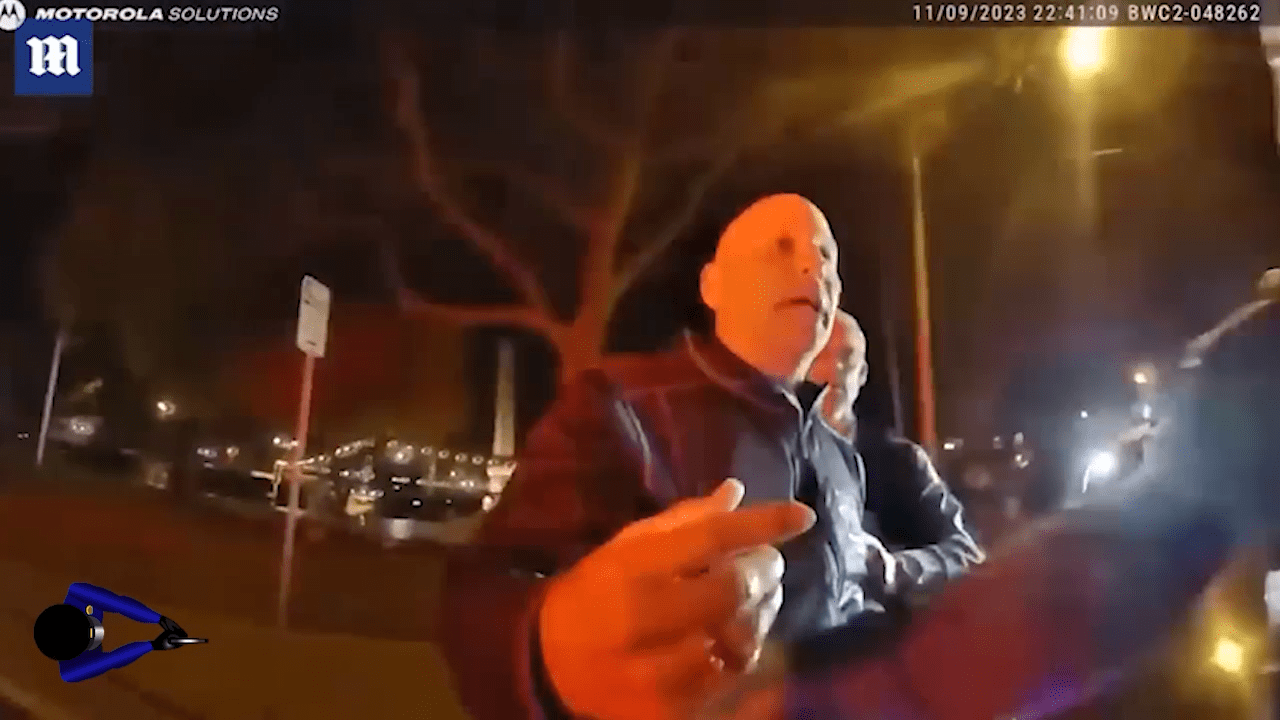
SI73 – Leadership and Supervision/Keeping ‘Toxic’ Out of the Workplace Part I
In this pioneering two-parter, one of the most crucial issues law enforcement officers will ever have to deal—IS dealt with as never before. No, it’s not the many challenges of the street and putting cuffs on criminals or putting a bite on crime. It’s the innumerable challenges all officers will encounter in their offices, precincts, districts, stations or hq’s.
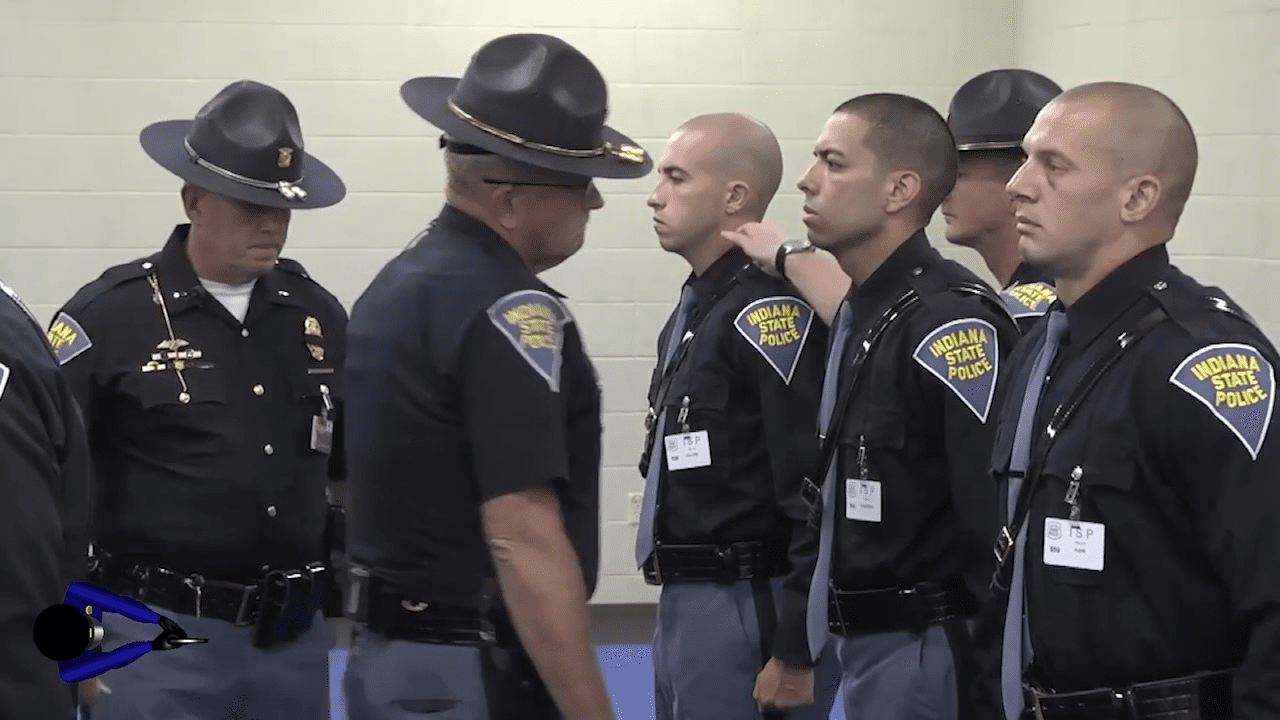
SI74 – Leadership and Supervision/Keeping ‘Toxic’ Out of the Workplace Part II
In Part II of our series on toxic workplaces, you’ll be given still more valuable information on how do deal with these extremely vexing, complex, and thorny issues that, honestly, can become the primary reason(s) officers leave a given department or may even leave the law enforcement profession entirely. Again, we enlist the services of superb retired officers who have more than 120 years of law enforcement expertise on this critical issue.
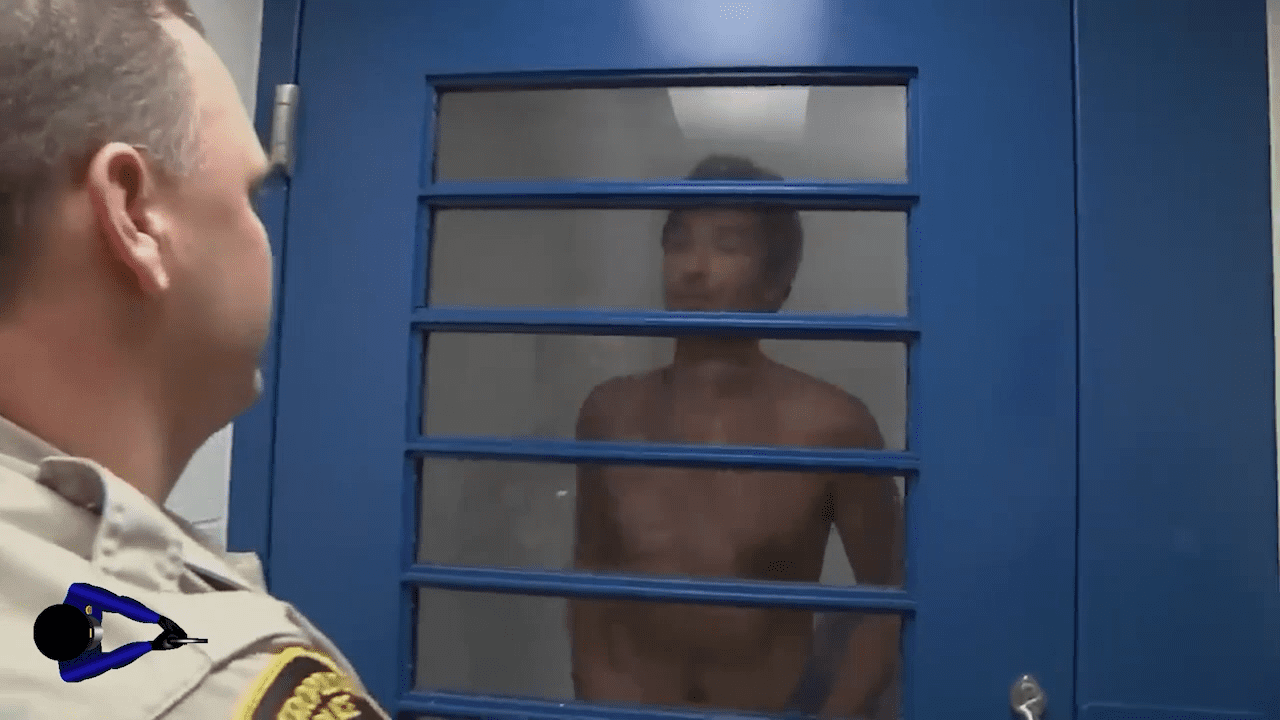
SI75 – Part I: How Cons and Criminals Try to Play Corrections Officers and Cops
Every veteran corrections officer or cop knows that criminals have a different mindset than those who obey laws and try to live normal lives. Criminals learn very early how to lie, cheat, and deceive and feel most who lead their lives by the law are “chumps”. Law enforcement has to know they are dealing with people who were “running the streets” at night as young offenders while the majority of people were in bed sleeping, preparatory to the next day’s school or workplace.
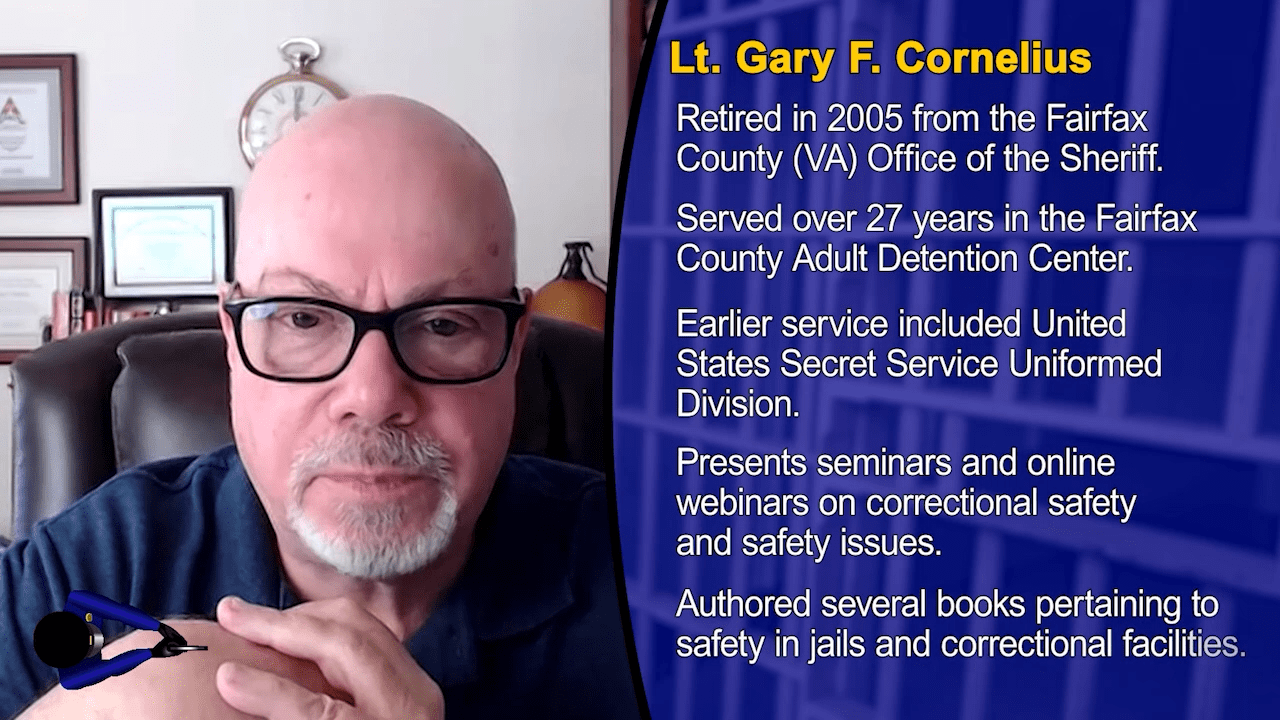
SI76 – Part II: How Cons and Criminals Try to Play Corrections Officers and Cops
In Part II, corrections expert Gary Cornelius provides viewers and students with vitally important information related to how cons and criminals use social media to try to get over on law enforcement both inside and outside penal institutions. Gary points out that “..cell phones are better than gold…” to criminals, because they provide a window to not only the outside world but also provide huge opportunities for them to communicate with others also in incarcerated settings.

SI77 – The Tragic Death of Benji Cevera; What Every First Responder Needs to Know
Law enforcement officers are often in situations that mere mortals could only imagine, or, perhaps, would not want to imagine. There can and will be life-and-death situations, and sometimes such decisions need to be made in mere seconds or even fractions of seconds. However, officers are also placed in potential life-and-death situations that allow them to slow things down and truly make choices that can impact lives.
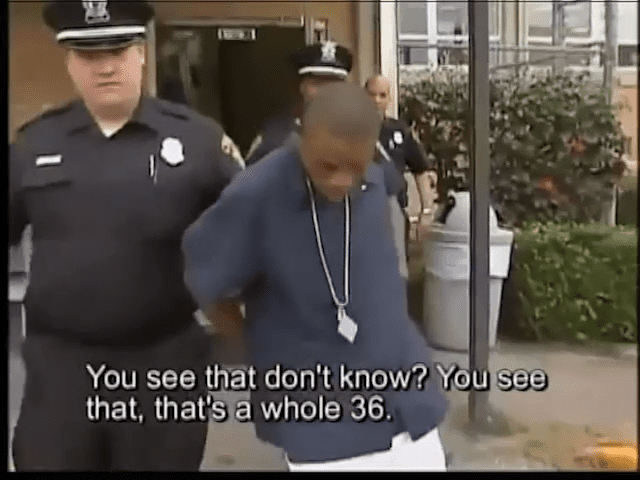
SI78 – Murder of an Officer, a Missed Pat Down, and Manhunt; What Every Cop Needs to Know
An Alabama officer, whose dream from childhood was to become a cop, had his dream shattered when he is knifed to death in a jail sally port after a missed pat down. The tragic events of that day all began at a Dollar General store and a bizarre attempt at robbery by arson. Veteran officers said they had never seen anything like it. The incidents of that day ended as a tragic lesson on why you can never be too careful.
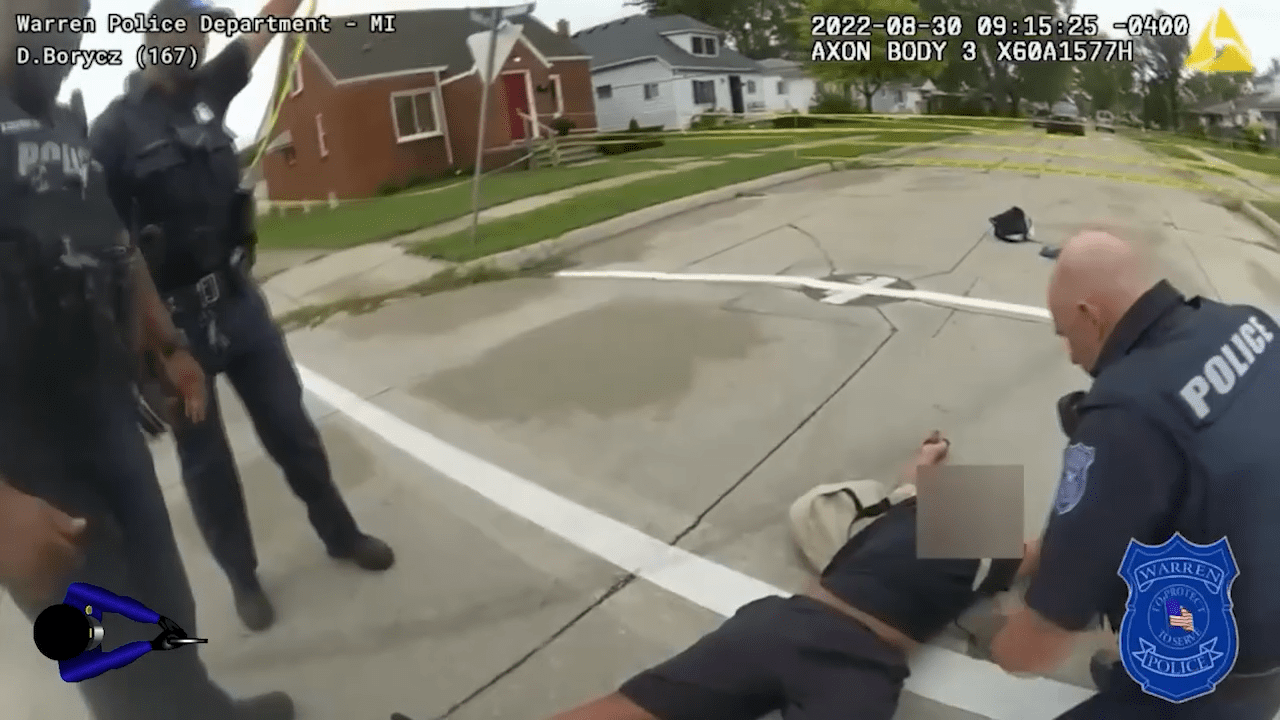
SI79 – Cops and Meds/To Protect, Serve and Save
Overview
There is zero doubt that when crises and emergencies strike, law enforcement officers are the first on the scene; invariably and virtually always prior to the arrival of e.m.t.’s, medical assistance, and/or fire. A growing movement among some in law enforcement believes strongly, because of that very reason, officers should have a variety of medical-delivery skills and equipment at their disposal. As Dr. Andrew Dennis, head trauma surgeon at Cook County Hospital in Chicago points out, there are almost an unlimited number of reasons officers should receive that additional training. This important program, an exclusive production from In the Line of Duty, explores those reasons. It’ll be up to you to determine the potential value of everything you are about to see and hear. Dr. Dennis makes some very powerful points. Keep an open mind.

SI80 – George Floyd AI Update/What Every Cop Needs to Know
Overview
This important new AI-generated update deals with critical information regarding the stop of George Floyd. It includes vital information on the three important prongs officers must know regarding the U.S. Supreme Court ruling Graham v. Connor.
